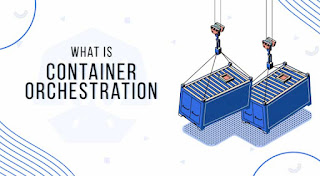What Is The Goal Of A DevOps Methodology?
DevOps is a collection of technologies, processes, and cultural ideas for automating and incorporating software development and IT teams. Team empowerment, cross-team communication and collaboration, and technology automation are all highlighted. Because of the fast-paced evolution of the IT sector and continual technical advancements, firms must set DevOps goals that are both practical and challenging in order to compete and succeed in the market. DevOps Methodology DevOps is a development technique in which Development and IT Operations collaborate throughout the lifecycle to accelerate the deployment of dedicated software products. A good approach ensures that code moves seamlessly through each stage of the lifecycle without data becoming stranded in silos. It should specify what is expected of everyone participating in each step, as well as what is required to advance to the next stage. Implementi...
